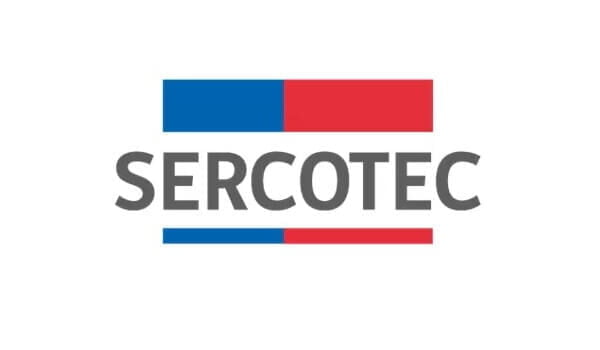In recent years, how many times have you heard a brand say that it is sustainable or environmentally friendly? For many of them, this concept has become a banner for their marketing strategies. Whether it’s a t-shirt made from ethical cotton or an eco-friendly car, companies are increasingly interested in showing off their eco-friendly credentials.
At first glance, it is a very good initiative for brands to show interest in the climate crisis. But should we really celebrate when they say they commit to lowering their carbon footprint?
If it is a real commitment and they show it, of course it is to be celebrated. But how can we differentiate a true positive change or if it is just greenwashing? Today we tell you what this term refers to, why it is a problem and how to identify greenwashing strategies.
What does Greenwashing mean?
Greenwashing is when an organization dedicates more its efforts to promoting itself as a sustainable brand than to minimizing its environmental impact. In other words, it is a misleading advertising method with which they seek to generate engagement with consumers concerned about caring for the planet.
The term was coined by environmentalist Jay Westerveld, first awarded to a hotel that reduced regularity with which it washed towels. Although it promoted it as a green theme, it really did it to cut costs and did not make any real efforts to be sustainable.
It may interest you: The defense of the earth
Why is Greenwashing a problem?
Consumers of the last generations are more environmentally and socially aware, so they are more likely to buy from ethical brands and being perceived as sustainable can increase sales and profitability.
The problem with this is that many companies consider environmental and social awareness for the financial incentive, so they look like instead of taking real action.
On the other hand, there are companies that do not know the true meaning of sustainability and what is really beneficial for the environment and what is not. They use eco and ethical labels when they really don’t know what they are doing about it.
This can happen a lot with small or medium-sized companies that do not have the necessary information and research in their processes, practices or products to be really sustainable, but ignoring reality, show themselves as ethical and ecological brands.
How to identify greenwashing?
Identifying greenwashing is not entirely easy, but there are some clues that help us identify when an organization is using this deceptive practice. When you buy from a brand, you must evaluate how:
• Sustainability is incorporated from a holistic approach, not just in a small part of their processes.
• They are honest, open and transparent with their actions they take and prove it with data from their finances. Also, they are able to admit their mistakes.
• His philosophy is ethical, that means, they apply it in all the actions they perform. For example, they are capable of producing products in a sustainable way, and not only launch an ecological collection.
• Promote responsible consumption. If they sell millions of products, every sustainability effort is null, because overconsumption is not sustainable.
• It incorporates a circular business model. Worrying about the end of the life cycle of products is a truly sustainable action.
• They have ethical and ecological certifications. Getting certified is not easy. The brands are rigorously evaluated to obtain a seal of sustainability.
• Do they use vague language? Using terms or concepts without a clear meaning or only a scientist could be a sign of greenwashing.
• They emphasize a little green attribute when everything else is the opposite could be also a sign of it.
Read also: Main Cause Of Deterioration Of Glaciers: Mining Activity.
What a brand really wants to sell you and his message let you know if it is important to them to become a responsible consumer. Although greenwashing is not easy to determine at first glance, with the advice we gave you, you can tell when an organization really cares about social and environmental issues.
Apply them whenever you go to buy a product or service from a company or business on your expeditions to South America. At Tolhuin Expedition we are concerned about promoting adventure tourism in Chile taking care of the environment.












